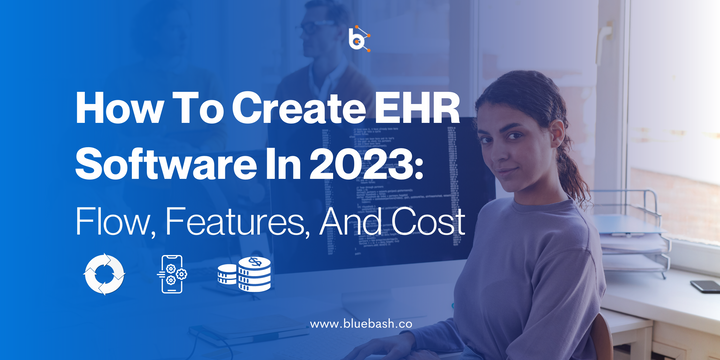Integrating React with Ruby on Rails: A Comprehensive Guide

React and Ruby on Rails are two highly sought-after technologies in the world of web development. React is a JavaScript library primarily used for building user interfaces, whereas Ruby on Rails is a web application framework used for building server-side web applications. Integrating React with Ruby on Rails can offer several benefits, including enhanced user experience and more efficient development. Our team of the best ROR developers in India can help you with the seamless integration of these technologies. As a leading Ruby on Rails development company, we offer top-notch RoR development services to our clients.
In this guide, we will cover the process of integrating React with Ruby on Rails. Our step-by-step guide will walk you through setting up a development environment, creating a React component, passing data between the front end and backend, and handling authentication and authorization. We offer Ruby on Rails development services that can help you leverage the power of React in your web application. Our Ruby on Rails outsourcing solutions are designed to meet your business requirements while ensuring the highest quality standards. As the best ROR software development company in India, we take pride in delivering cutting-edge solutions to our clients.

Setting up The Development Environment
Before we can begin integrating React with Ruby on Rails, we need to set up a development environment. This involves installing necessary packages and libraries and configuring the environment to ensure React and Ruby on Rails compatibility. Here's how to set up your development environment:
Install Node.js: React requires Node.js to run. You can download and install Node.js from the official website: https://nodejs.org/en/.
Install Yarn: Yarn is a package manager for Node.js. You can install Yarn by running the following command in your terminal:
npm install -g yarnCreate a new Rails application: To create a new Rails application, run the following command in your terminal:
rails new myappAdd the webpacker gem: The web packer gem is used to manage JavaScript assets in Rails applications. To add the web packer gem to your Rails application, add the following line to your Gemfile:
gem 'webpacker'Install web packer: To install web packer, run the following command in your terminal:
bundle install
rails webpacker:installInstall React: To install React, run the following command in your terminal:
yarn add react react-dom
react react-domCreating a React Component
Once we have set up our development environment, we can create a React component within our Ruby on Rails development services. Here's how to create a React component:
Create a new React component file: In your terminal, run the following command to create a new React component file:
rails g react: component MyComponentRender your component in a Rails view: To render your React component in a Rails view, add the following code to your view file:
<%= react_component("MyComponent") %>This will render your React component in the Rails view.
Conclusion:
Integrating React with Ruby on Rails can greatly enhance the development process and improve the user experience of web applications. With our comprehensive guide, you can easily set up a development environment, create a React component, and pass data between the frontend and backend. Our team of the best ROR developers in India can also provide Ruby on Rails development services to help you leverage the power of these technologies.
By following the steps outlined in this guide, you can seamlessly integrate React with Ruby on Rails and take your web application to the next level. As a leading Ruby on Rails development company in India, we offer top-notch RoR development services and outsourcing solutions to meet your business needs.



